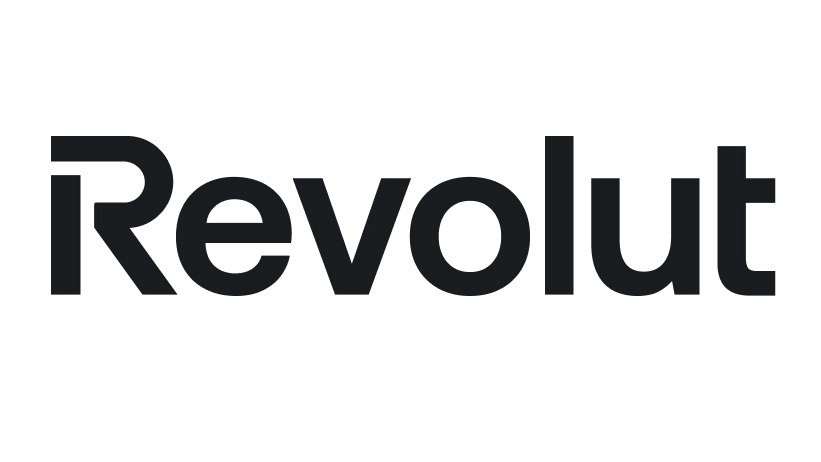British challenger bank Revolut has announced the launch of new verification tech to support its customer onboarding processes across the EU and UK.
The technology, developed by identity services provider Fourthline, uses advanced proprietary AI, including biometric analysis, active liveness detection, and document verification to streamline the customer verification processes.
Revolut is integrating the technology through a single API, which aims to support consistent compliance standards.
“Our exponential growth across multiple markets demands a compliance partner that can keep pace with our expansion, while maintaining the seamless user experience our customers expect,” said Alberto Riveroll Usabiaga, head of retail onboarding at Revolut. “After a rigorous selection process, Fourthline demonstrated impressive technological capabilities and a proven track record of working with fast growing partners, making them the clear choice for Revolut’s next phase of growth.”
The move comes as Revolut tackles increased complexity across the organisation, with the FinTech’s customer base growing by 38 per cent to 52.3 million globally last year.
Record growth at the company, which secured its long-awaited UK banking licence last year, helped to drive a 149 per cent hike in profits to $1.4 billion during the 12-month period, marking the fourth consecutive year of net profitability.
The rollout of its new customer verification technology follows a focus on risk across its workforce.
Last month, Revolut revealed that it is using a point-based system to incentivise good risk and compliance behaviour amongst its employees.
The proprietary system tracks staff engagement with risk and compliance processes, with employees gaining or losing points based on their behaviour.
These points are linked to how much staff get in bonuses, with the British neobank saying that it has built a healthy risk and compliance culture through establishing a “clear link” between employee behaviours and risk outcomes.
In January, Revolut also launched in-app calls to enable customers to identify impersonation scams and make communication between customer support and account holders safer and more reliable.
The British challenger bank tested and developed in-app calls for a number of months, creating an app-native feature which it claims criminals can’t replicate.
The platform was created after Revolut’s fraud practices were brought under the spotlight last October when a BBC Panorama investigation found that the neobank was named in more fraud reports than any other UK bank over a 12-month period.
The broadcaster revealed figures it obtained from Action Fraud under a Freedom of Information (FOI) request which show that the bank was mentioned in 9,793 fraud reports. Revolut was mentioned in a significantly higher number of reports than the second most named bank, Barclays, which was involved in 7,874 cases.





